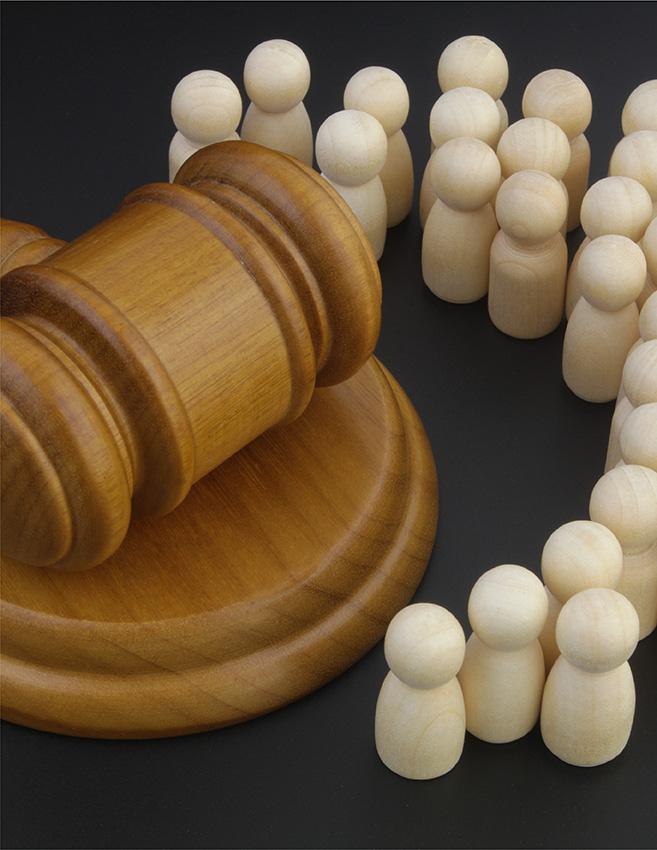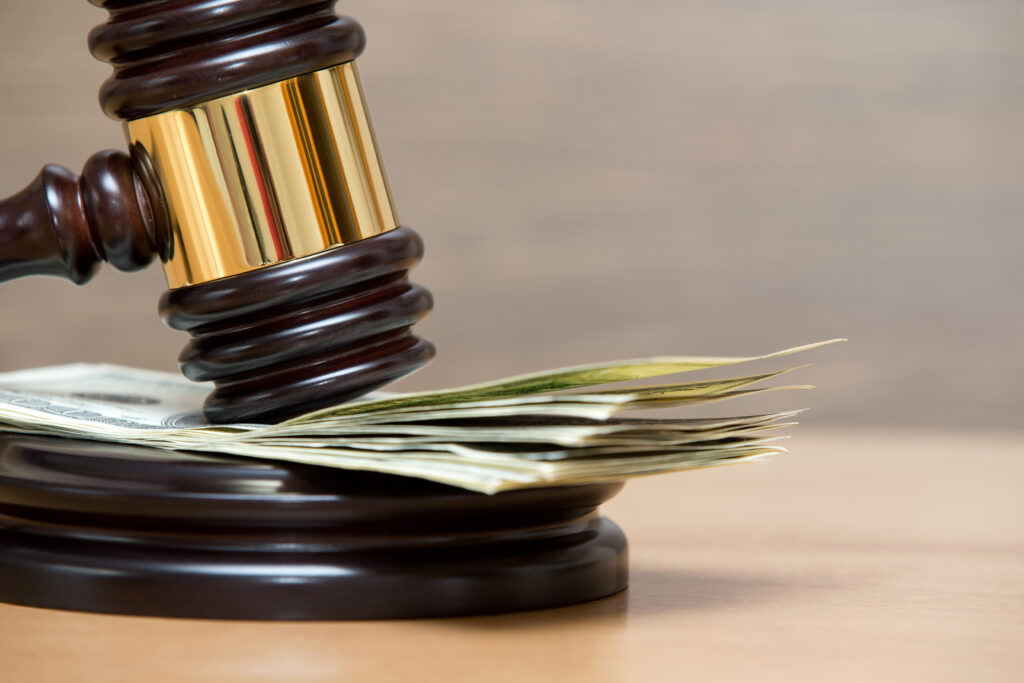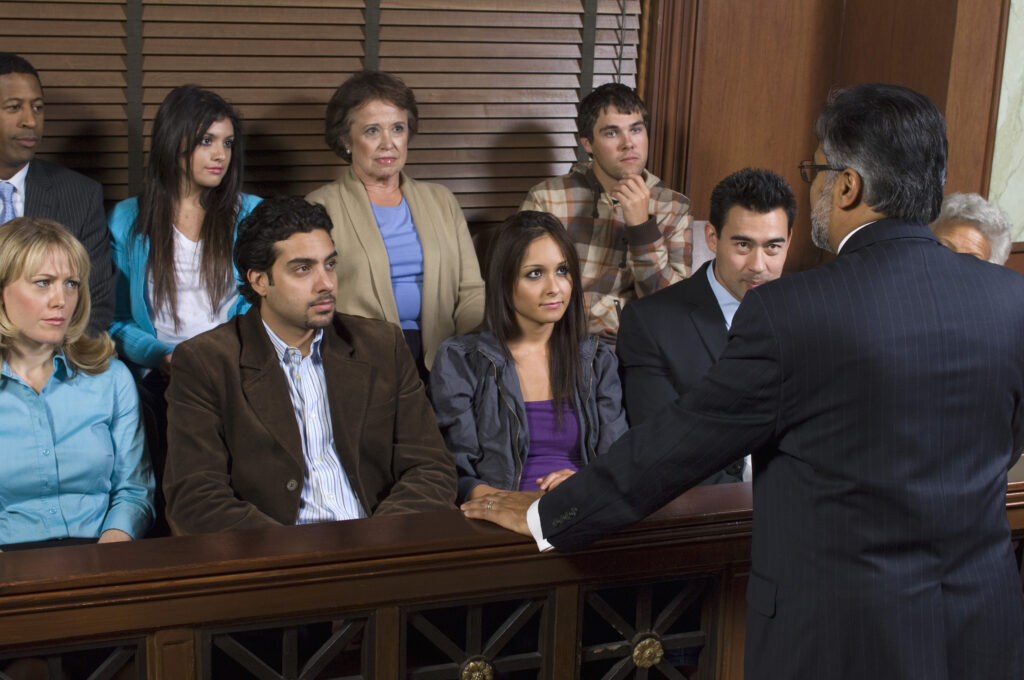WASHINGTON, D.C.– A pair of new reports released today by the U.S. Chamber Institute for Legal Reform (ILR) spotlight how abusive litigation in Cook and Madison counties is hurting Illinois’ lawsuit climate. Litigating in the Field of Dreams examines Madison County’s continuing deterioration as a hotbed of asbestos lawsuits, and A Docket on the Brink details how Cook County is following a similar path.
“Illinois is plagued by two of the country’s most notorious magnet jurisdictions for asbestos litigation,” said ILR President Lisa A. Rickard. “Madison County was once a haven for class action litigation and has become a national clearinghouse for asbestos claims.”
Litigating in the Field of Dreams outlines how Madison County continues to attract asbestos lawsuits with no connection to the state. Procedures designed to force settlements helped to fuel a record number of asbestos suits, 1,563 in 2012, and the county is on pace to rival or exceed that number in 2013.
A Docket on the Brink shows how Cook County is following a similar path. The paper explains that the county’s unreasonable asbestos litigation procedures deprive companies of the opportunity to fairly defend themselves. The paper outlines simple reforms Cook County could put in place to ensure that asbestos defendants are afforded due process, including reducing the number of cases prepared for trial simultaneously, providing adequate notice when individual cases are set for trial, and granting unopposed summary judgment motions.
In ILR’s most recent Harris survey of state lawsuit climates in 2012, Illinois’ ranked among the worst in the country at number 46. The survey respondents named Cook County as the most unfair and unreasonable jurisdiction and Madison County the sixth most unfair county.
ILR seeks to promote civil justice reform through legislative, political, judicial, and educational activities at the national, state, and local levels.
The U.S. Chamber of Commerce is the world’s largest business federation representing the interests of more than 3 million businesses of all sizes, sectors, and regions, as well as state and local chambers and industry associations.



